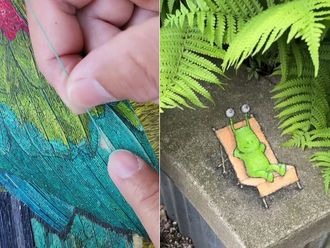
Batul Balaiyawala looked helplessly at her airline ticket. She had nowhere to go now. The Dubai teen had just left a volunteer programme mid-way in South Africa, amidst growing concerns of the pandemic to fly back home, when en route to the airport she found out that UAE among several countries had suspended flights.
“I felt so lost,” she recalls, now safely back home with her family in Dubai. Several phone calls later, her anxious parents arranged a stay with a distant family acquaintance in Durban. “I stayed with this elderly couple for little over two months. Looking back at the experience of living with unknown people, away from home, some of the lessons I learnt was to adapt; to cherish what I had and to find motivation within myself. Today I feel I am ready to move mountains,” says Batul.
In the spring of 2020 as the pandemic altered our lives forever, it left many of us like Batul in unfamiliar circumstances when embracing uncertainty became the new normal. Millions of students across the world were unable to return to their families because of travel restrictions and forced to remain for an extended period of time in their dorms and hostels or with relatives or friends; and in many cases with complete strangers.
Abruptly ejected out of their comfort zone, for many students the feeling was akin to being thrown into the deep end of a swimming pool and forced to swim in the chaotic, choppy waters stirred up by the devastating Covid-19 pandemic.
New environments meant grappling with new routines, learning to do household chores, eating foods they had never eaten before, while also juggling the stress of being away from family and managing exam tension and cancelled graduation ceremonies. These experiences, students say, taught them important life lessons.
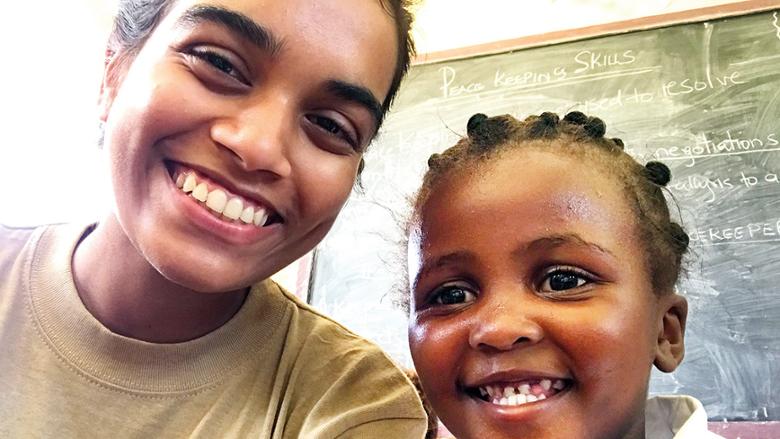
Although it has been two months since Batul returned home, she continues to draw strength from her experience of being stranded with a family she had never met before in South Africa. “I feel more positive and confident. I have started looking at life more objectively,” she says.
The disruption of normal life and the implication of social isolation compelled students to step out in faith and put their best foot forward. Left with fewer choices they learnt to make the best of what they had. “Students world over will always remember this period of their life,” says Neelum S Mirza, who has compiled the experience of 38 students during the virus outbreak into a book titled The Chronicles of Corona. “They have grown and matured tremendously in a short span of time dealing with the pandemic.”
Batul would agree. Before living in South Africa as part of a volunteer programme and the ensuing months with a new family, she had never lived away from her family. At the volunteer programme at a game reserve, as part of her gap year initiative, two weeks had flown by while soaking in the beauty of nature and in the company of youngsters. But living with the elderly couple was a completely different thing.
“Although they were very accommodating, they had their own way of functioning. I wanted to study in the mornings, but that was their cleaning hour. So, I had to adjust my sleeping pattern. It was also made clear that I had to help in cooking and cleaning utensils, chores I rarely did at home,” she says. But over the course of her time there, she came to care for the couple and appreciated their hospitality.
As reports of the pandemic’s fury grew across the world, Batul decided to take life one day at a time. She made up her mind to not worry and remained hopeful of meeting her parents some day soon. If her stay in South Africa provided her with life lessons, her journey back home was no less adventurous; it panned out over three days as she flew from South Africa first to Netherlands, with a stopover, before taking a connection flight to Dubai. “I just can’t tell you how happy I was to touch down in Dubai and meet my family and friends,” she says.
Her parents acknowledge that Batul has become more responsible. Currently applying for a bachelors in Liberal Arts and Sciences in Europe, Batul feels fully prepared for Uni life. “Now, I think I can face just about anything,” she says.
Fitting into new rules
The unpredictability of the pandemic crept into Indian student Niyati Raj’s life one dark March night. Until then, the 20-year-old was happy attending college – Christ University in Bengaluru – meeting friends in the evenings for coffee, going out with friends for late night snacks when not busy studying for exams. But on the fateful night five months ago when a nationwide lockdown in India was announced, her life got a jolt. With the impending closure of her hostel looming large, her parents who are in Dubai began making hasty arrangements for her to move to her aunt’s house, an hour and a half’s drive from her college.
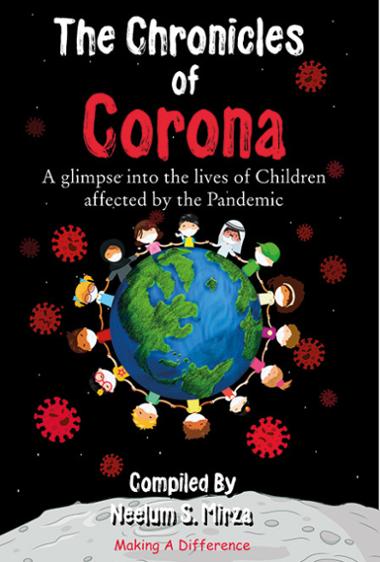
“I was truly in a tizzy. It was past 8pm and my parents were on the phone telling me to pack my bag and get ready to move to my aunt’s in less than an hour as the lockdown would take effect in a few hours,” she says. “Outside, the roads began to get deserted and I was wondering how I would manage to travel so late in the night all alone. Luckily, my dad’s friend rushed over to take me to my aunt’s house.”
For the next five months Niyati, a final-year science student, stayed with three sets of relatives. “I felt so grateful that I had extended family nearby and they welcomed me with open arms,” she says. Now with her back with her family here in Dubai, Niyati says those months also proved to be a lesson in adaptability for her.
“I had to fit into the rules of each house. At my aunt’s home I learnt to finish all the veggies served on my plate – something I used to studiously avoid at my own house. I learnt to speak softly and rein in my excited shrieks when watching a movie as my uncle preferred his moments of silence and I learnt to be my own counsellor on days I had multiple breakdowns worrying about the impending exams and coping with life away from my parents for such a long stretch,” she says.
Niyati admits her pandemic experience forced her to become more resilient and tap into her innate strengths. She also started practicing self-care by exercising regularly, doing deep breathing exercises and meditation. By doing online courses in subjects outside her college curriculum, she managed to steer her time well. “I must say there were some silver linings to the cloud,” says the student who is preparing to pursue her master’s in immunology. “My parents says I have become more responsible and matured quickly, I have new found love for my extended family – including my cousins who I don’t think I would have got to know so well if it wasn’t for the pandemic which got me to stay with them. Now, I make it a point to keep in touch with them even after returning to Dubai,” she says.
A moment to reflect
During the last few months as the death toll rose and borders closed following the pandemic, the implications of global interconnectivity and human vulnerability became all too clear. The world changed and the crisis brought out empathy and faith in humanity. Each time television screens flashed images of Indian migrants walking home braving heat and hardships, Aaditya Nair, 18, felt a surge of emotions. “I was both angry and sad at their plight and at the same time very grateful for the comforts I was enjoying at my friend’s house during the lockdown in Bangalore,” he says. The misery of people stuck in distressing conditions made him reflect and question the small discomforts he had been cribbing about during the pandemic.
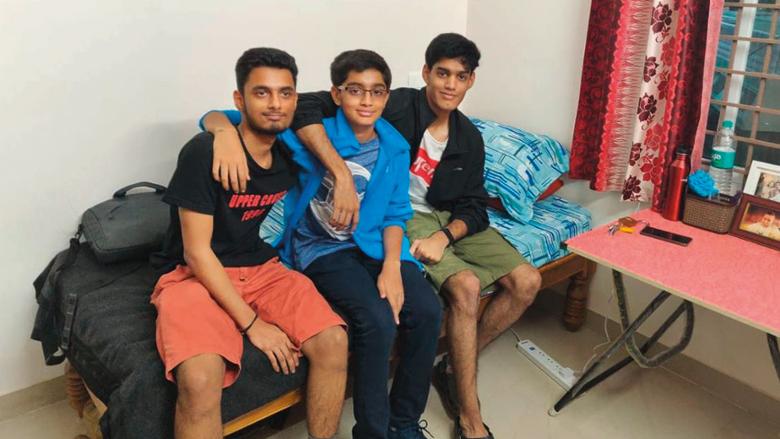
The lockdown announcement caught Aaditya by surprise too. He was at a friend’s place spending the weekend, when the country went into lockdown mode. For the next four and half months, Aaditya had to make do with just clothes that he had carried in his overnighter bag.
“The fact that he was with a friend of ours was the only comforting thing,” says Aaditya’s father Kishore, an IT engineer based in Dubai.
Living at his friend’s house during the lockdown meant Aaditya, a second-year undergrad student of fine arts at Srishti Institute of Arts and Design, had to share a room with two other boys, manage with the few clothes he had and put on a calm demeanour even when he was stressed.
“The last one was really difficult,” he admits. “I had to pretend to be happy at times so that the family I was staying with would not feel I was ungrateful for their hospitality.
“I feel I learnt a lot in the bargain. From taking care of my health to learning to bake cakes to the most basic act of picking up my plate after a meal, it’s been a journey full of learning new things.”
His parents are sure to agree. “One of the things I noticed is that he has become a lot more organised,” says Kishore. “He tells me that he also learnt to plan his day right from getting up early.”
Being on his own for the very first time, Aaditya surely sees the experience as a huge learning curve. “I have started learning the local language in Bangalore, honing my baking skills...,” he says.
The pandemic times might not be a pleasant experience, but looking at it through a positive lens made scores of young minds perceive themselves and the world differently. “This lockdown, though tiresome, has taught students the value of time. They know now, better than ever before, not to take the little things in life for granted,” says Neelum.
A lifetime opportunity
In the middle of the pandemic even though college students were under a lesser threat from the virus, its influence on them has been tremendous. Despite the struggle, they found bright spots and creative strategies to cope with the lockdown and the anxiety it generated, says Dr Joelle Samaha, founder of PhiloLife Wellbeing Education Center, Dubai. Along the way they learnt to:
• Strengthen their bond with other family members
• Participate in household activities, understanding collaboration and involvement
• Value of human touch
• Deal with boredom by being creative
• Experiment with ways to manage stress
• Reconnect with themselves
• Build in empathy, patience and compassion
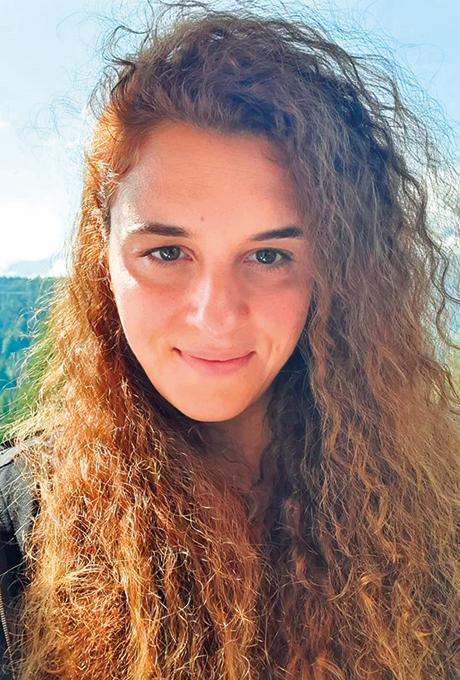
• Acknowledge life limitations of mortality and uncertainty
• Learn to be mindful
• Have more faith and be more religious
• Realise that health and emotional well-being are more important than academic skills
• Become aware of the importance of exercising and healthy eating
• Understand the effect of pollution on our planet
• Recognise the power of innovation and science in helping fight a pandemic
• More time to sleep and do simple activities with the family
• Understand the importance of hygiene in maintaining health.
Read more
- Coping with the Covid-19 crisis: Dr Iqbal Kuttipuram
- No father, no problem: Surviving as a single mother in the UAE
- What SARS, Ebola and wars can teach us about coping with the pandemic










